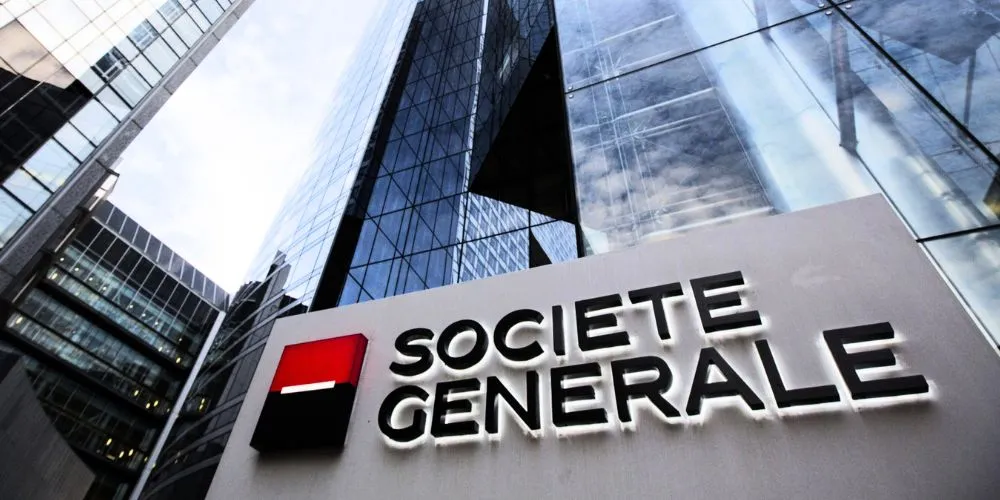Key Points:
- Taiwan’s stock market is highly vulnerable to an AI trade reversal due to heavy foreign ownership, especially in the semiconductor sector.
- Foreign investors, who hold over 40% of Taiwan’s equity market, have become net sellers since July, leading to $16 billion in outflows.
- Recent geopolitical concerns and a global equity sell-off have intensified the capital flight from Taiwan’s market.
- Taiwan’s technology sector faces valuation concerns, with high trading levels and lower earnings growth expectations compared to 2021.
Taiwan’s stock market is currently the most vulnerable to a reversal in the artificial intelligence (AI) trade, according to analysts at Societe Generale. The French multinational bank has raised concerns about Taiwan’s susceptibility due to the high level of foreign ownership in its equity market, particularly within the semiconductor sector—a critical component of the AI industry.
Foreign investors hold over 40% of Taiwan’s equity market and are responsible for 80% of the average trading volume. This heavy reliance on foreign capital has made Taiwan’s market increasingly sensitive to shifts in global investment trends, especially AI-related ones.
However, these foreign investors have become net sellers since July, with outflows totaling $16 billion. This marks a significant reversal from the positive trend in the year’s first half. Societe Generale attributes this capital flight partly to recent comments by former U.S. President Donald Trump concerning Taiwan’s defense and chip industry, which have heightened geopolitical risks and contributed to investor anxiety.
The situation has been further exacerbated by a global equity sell-off on July 31, amplifying the downward pressure on Taiwan’s stock market. In contrast, South Korea, another key player in the semiconductor market, has experienced much lower foreign outflows, amounting to just $300 million during the same period.
The concentrated foreign ownership in Taiwan’s top semiconductor stocks, which account for more than 40% of the Taiwan Stock Exchange (TWSE) Index, makes the market particularly vulnerable to global AI trade momentum shifts. Societe Generale says these stocks have been central to the recent foreign outflows.
The lack of domestic support has added to Taiwan’s market vulnerability. Domestic dealers and proprietary trading desks have also been net sellers, further contributing to the downward trend. This domestic selling has compounded the impact of foreign outflows, creating a challenging environment for Taiwan’s stock market.
Societe Generale also raised concerns about the valuation of Taiwan’s technology sector. The firm noted that the sector was trading at elevated levels in mid-July, with earnings growth expectations significantly lower than in 2021. This discrepancy between high valuations and modest growth expectations adds another risk to Taiwan’s fragile market.





